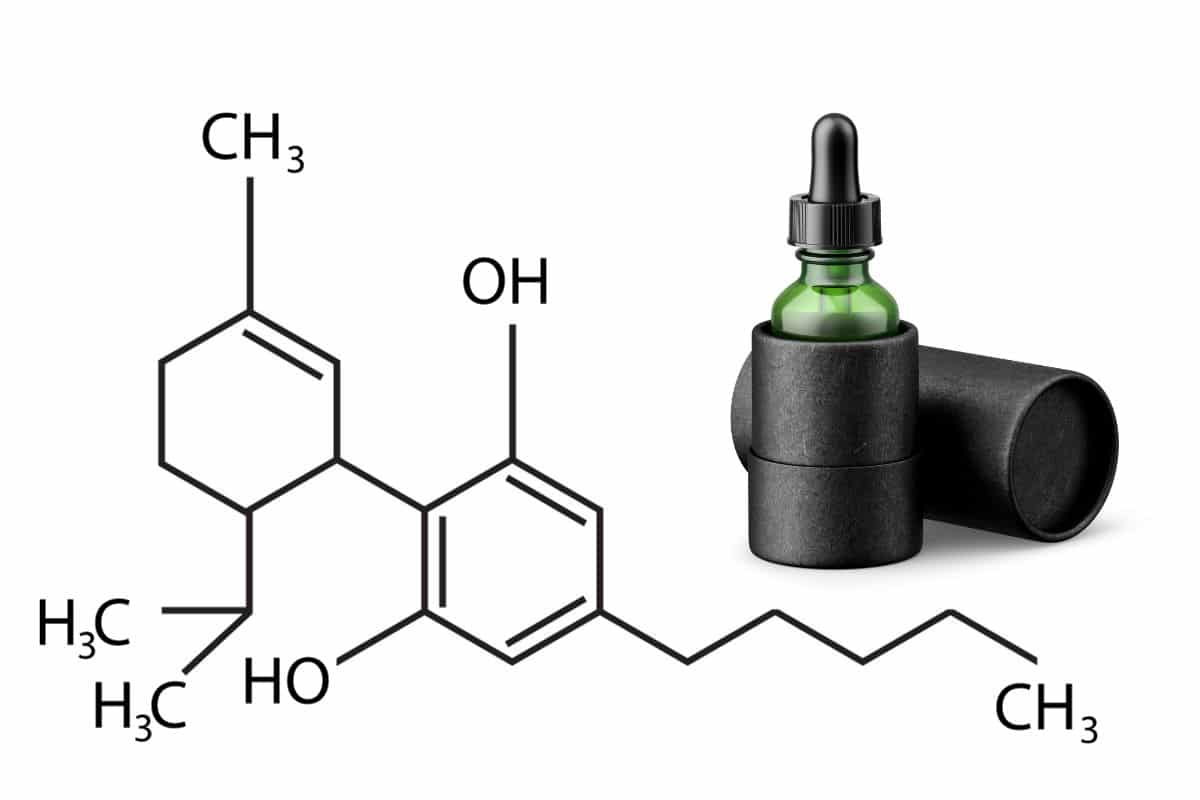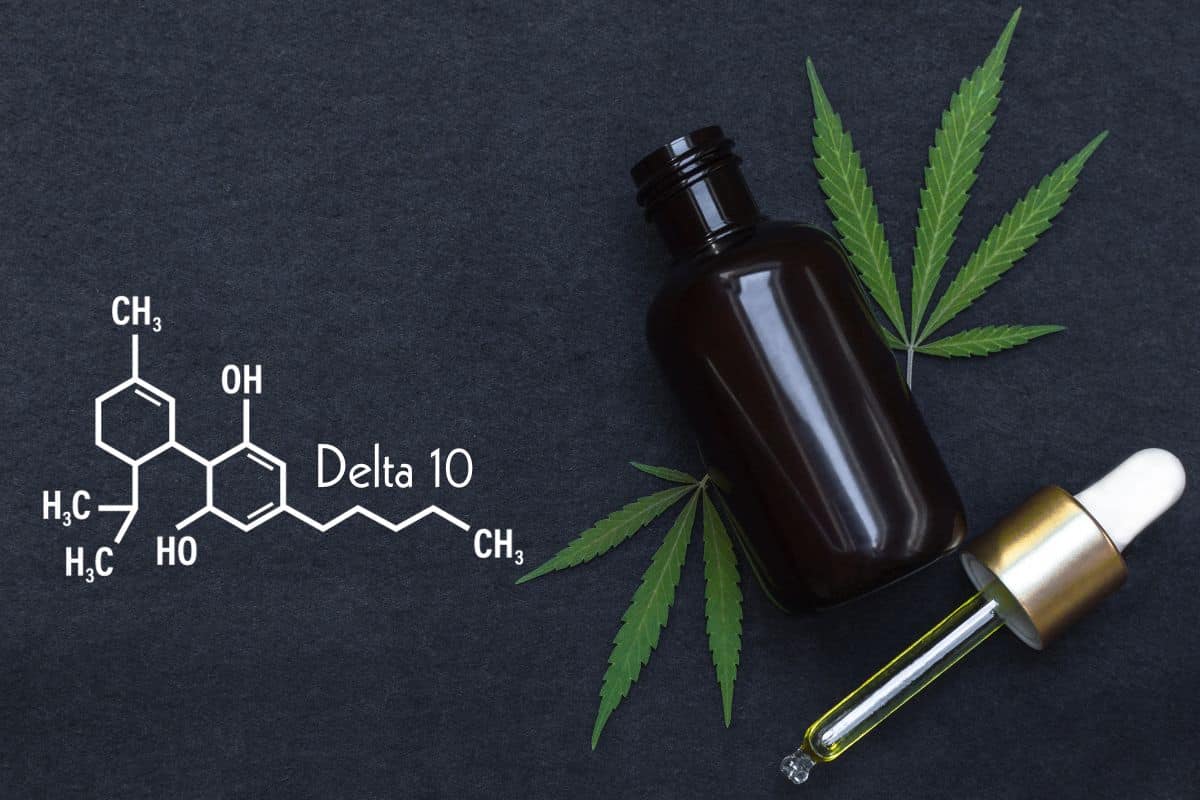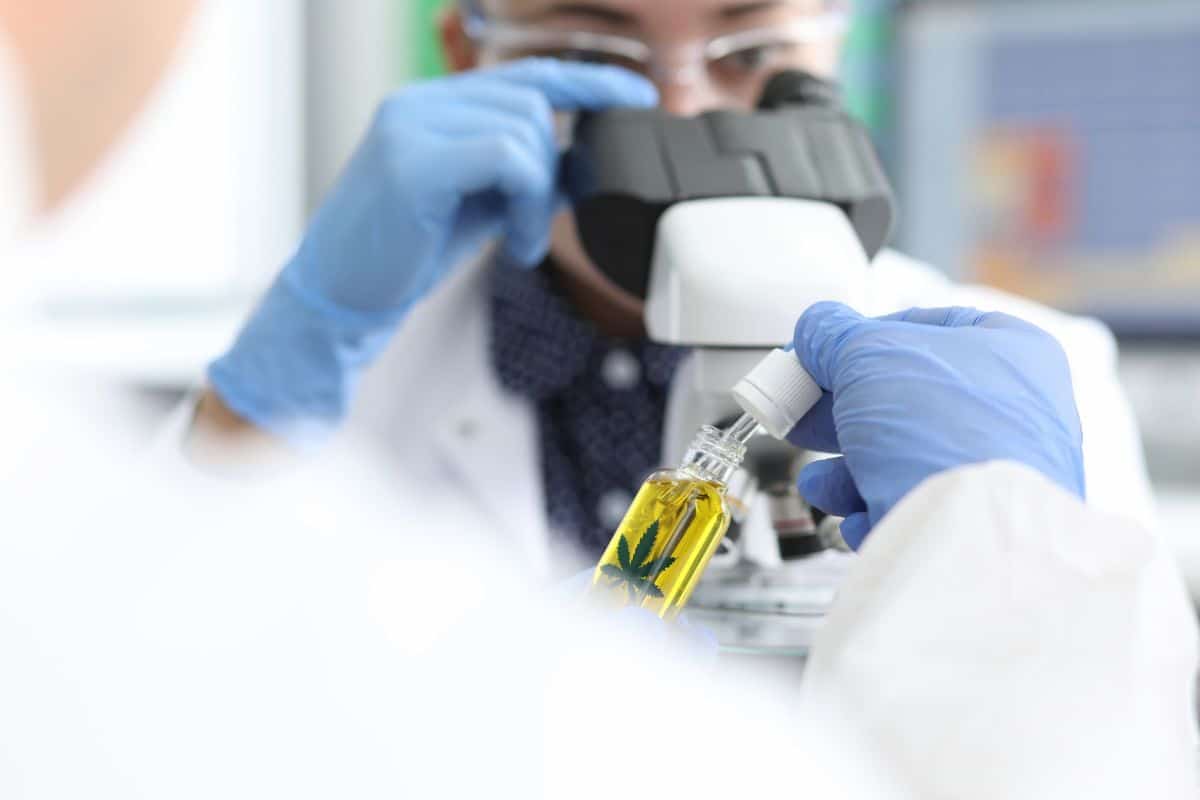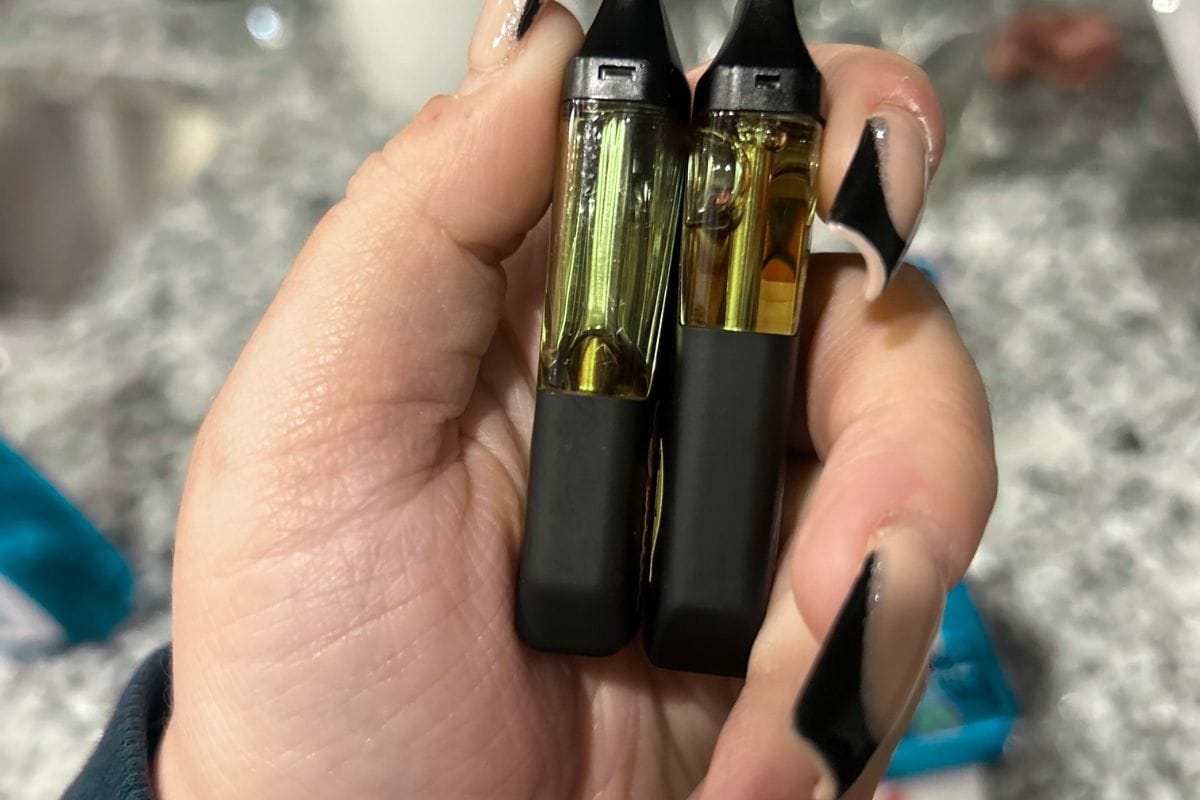Is Delta 10 Synthetic? Unraveling the Truth Behind the Compound
Lately, everyone’s talking about Delta 10 THC, making waves in the cannabis world and sparking loads of chatter. Imagine it as the enigmatic cousin of Delta 9 THC – that part of weed that really takes you on a trip. Questions are everywhere: Where does it come from? Can you trust it? Is it one of those lab-made marvels? Believe me, you’re gonna want to lean in as we dig into the mysteries of Delta 10, sharing the spicy facts that most folks haven’t heard.
To provide some clarity on the matter, it is important to understand that Delta 10 is considered a semi-synthetic compound. This is primarily due to its production process, which often involves the use of chemical catalysts. While naturally occurring in small amounts in certain hemp strains, the concentrations necessary for commercial use are typically obtained through various laboratory procedures.
By examining the nature of Delta 10 and its production methods, we hope to provide a comprehensive understanding of its classification and the potential implications it may have within the rapidly evolving cannabis landscape. Armed with accurate information, consumers and industry professionals alike can make informed decisions about the products that contain this intriguing cannabinoid. More on Delta 10’s synthetic nature.
What Is Delta 10
Delta 10 is one of the many types of THC found in the cannabis plant. Like its more famous cousin, Delta 9 THC, Delta 10 is a psychoactive compound that can produce a range of effects on the mind and body. However, its potency is considerably lower than that of Delta 9, making it a potentially more suitable option for those seeking milder effects.
In recent years, there has been a growing interest in exploring the potential benefits and properties of various cannabinoids. This has led to the discovery of new compounds within the cannabis plant, including Delta 10. As research continues, we may uncover additional applications for this lesser-known cannabinoid.
When it comes to production, Delta 10 can be synthesized from other cannabinoids found in the cannabis plant, such as CBD or Delta 8 THC. This synthesis process often involves the use of chemicals and catalysts to rearrange the molecular structure of the base cannabinoids. While this method of production can lead to more readily available Delta 10 products, it is important to note that the resulting product may still be considered synthetic, depending on the specific methods used.
As the understanding of Delta 10 and its properties continues to grow, we can expect to see more products containing this cannabinoid entering the market. With further research and development, the potential applications of Delta 10 in various industries could become more apparent in the coming years.
Is Delta 10 Synthetic

Delta 10 THC, a cannabinoid found within the cannabis plant, has gained attention due to its unique properties and potential benefits. While naturally occurring in small quantities, most Delta 10 available in the market is primarily produced synthetically. This is attributed to the challenges faced in extracting sufficient quantities of Delta 10 from the plant.
The synthetic production of Delta 10 THC was first discovered by an Israeli chemist, as seen in this article. The synthesis process was developed in response to the low natural concentration of Delta 10 in cannabis plants. By leveraging scientific methods, it became possible to create this compound without relying on natural sources.
Many Delta 10 THC products available today have synthetic origins, as the process of extracting this compound from cannabis plants is both time-consuming and costly. A significant majority of Delta 10 products in the market are derived from other cannabinoids through chemical reactions and refinement processes. As a result, the compound can be more accessible for consumer use, including products available on platforms like the D8 Super Store.
To sum up, while Delta 10 THC is indeed a naturally occurring compound within the cannabis plant, the majority of products containing this cannabinoid are synthetically produced. Advances in chemistry have enabled the creation of Delta 10 THC, making it more widely available for consumers despite its limited natural presence in the plant.
Methods of Delta 10 Synthesis
| Synthesis Method | Description |
|---|---|
| Isomerization of Delta-9 THC | Delta-10 THC can be synthesized through the isomerization of Delta-9 THC. This involves rearranging the molecular structure of Delta-9 THC to form Delta-10 THC. Various catalysts and conditions can be used in this process. |
| Chemical Conversion | Chemical reactions involving precursors or intermediates can be employed to synthesize Delta-10 THC. This method often requires the use of reagents and specific reaction conditions to achieve the desired conversion. |
| Biosynthesis | Using microorganisms, such as yeast or bacteria, to produce Delta-10 THC. This method involves genetically modifying the microorganisms to express enzymes that can convert precursor compounds into Delta-10 THC. Biosynthesis is considered a more sustainable approach. |
| Total Synthesis from Cannabigerol (CBG) | Delta-10 THC can be synthesized from cannabigerol (CBG), another cannabinoid present in the cannabis plant. This process involves multiple chemical steps to transform CBG into Delta-10 THC. |
We’ve come across various methods for synthesizing Delta 10 THC, and one noteworthy approach is using a process similar to that for Delta 8 THC production. In this method, CBD is first converted to Delta 9 THC, which then undergoes isomerization to form Delta 10 THC.
Another popular method involves the use of catalysts or solvents, such as palladium or platinum, to induce the necessary chemical reactions. This process reduces the amount of unwanted byproducts, ensuring a higher purity of Delta 10 THC extract.
To better understand the origins and properties of certain strains, like the Gelonade strain, it is crucial to analyze the techniques used in synthesizing different THC compounds. Comprehending the intricacies of the synthesis process not only provides insights into the compound’s characteristics but also allows for better quality control and product development.
It is crucial to mention that, regardless of the method used, ensuring the accuracy, safety, and efficiency of the procedure is of utmost importance. Proper laboratory conditions and stringent quality control measures must be implemented to avoid contamination or the formation of undesirable byproducts. This, in turn, contributes to the production of high-quality Delta 10 THC products which possess a desirable balance of potency and safety.
Legal Aspects of Synthetic Delta 10

The emerging world of cannabinoids has introduced light on a variety of hemp-derived products, including Delta 10 THC. As a close chemical cousin to Delta 9 THC, the legal aspects of synthetic Delta 10 are important for those interested in exploring its potential uses and benefits.
While the 2018 Farm Bill legally distinguished hemp from marijuana and removed it from the list of controlled substances, this legislation is primarily focused on the regulation of Delta 9 THC. More specifically, the bill legally defines “hemp” as the cannabis plant containing no more than 0.3% Delta 9 THC concentration. This distinction led to a surge in the production and distribution of hemp-derived cannabinoids, including Delta 8 THC and Delta 10 THC.
Since Delta 10 THC is synthetically derived and not explicitly addressed in the Farm Bill, its legal status remains in a gray area. Some states, such as Colorado and Kentucky, have enacted specific regulations to control the use and distribution of all hemp-derived cannabinoids like Delta 10 THC. Other states may have more lenient regulations, while some have not addressed the issue at all.
In addition to state regulations, synthetic Delta 10 THC also faces scrutiny from the federal level. The Drug Enforcement Administration (DEA) released its interim final rule (IFR) stating that all synthetically derived tetrahydrocannabinols, which includes Delta 10 THC, are considered Schedule I controlled substances. However, the IFR is still under review and has not yet been enforced widely.
It is crucial for consumers and businesses alike to stay apprised of state and federal regulations governing synthetic Delta 10 THC. As scientists continue to discover new cannabinoids and their potential benefits, legal frameworks are likely to evolve and change. Therefore, it is important to approach the use of synthetic Delta 10 THC with caution and make informed decisions based on current legal parameters.
Consumer Safety and Synthetic Delta 10

In recent years, there has been a rise in interest surrounding various cannabinoids, including Delta 10. As a result, there is growing concern about the safety of synthetic Delta 10 and its impact on consumer health.
First, we must acknowledge that Delta 10 is less well-known than other cannabinoids like Delta 9-THC or CBD. This relative obscurity has caused limited research on the effects and safety of Delta 10, making it challenging to provide conclusive statements about its properties, benefits, and potential risks.
Synthetic Delta 10 differs from naturally occurring Delta 10 as it is produced by manipulating or chemically altering other cannabinoids in the cannabis plant. This process can sometimes introduce impurities and chemicals, which may impact the safety of the final product. Ensuring that synthetic Delta 10 is derived from reputable sources and properly purified is crucial to maintain consumer safety.
Monitoring the dosage of synthetic Delta 10 consumption is also critical, as it may have different effects than natural Delta 10. Misuse or excessive consumption could potentially lead to adverse reactions or interactions with other medications.
On a positive note, Delta 10 is believed to possess benefits similar to its counterparts, such as alleviating anxiety and insomnia, which has contributed to its growing popularity. For instance, some cannabis edibles are formulated to help address these conditions. However, it’s important to remember that research on Delta 10 is still limited, and further studies must be conducted to validate these claims.
In conclusion, we advise consumers to approach synthetic Delta 10 with caution and seek information from credible sources to ensure responsible use and safety. Always opt for products that have undergone proper testing and come from trustworthy manufacturers.
Comparison Between Synthetic and Natural Delta 10
| Factor | Synthetic Delta-10 THC | Natural Delta-10 THC |
|---|---|---|
| Source | Chemically synthesized in a laboratory | Extracted from cannabis plants or hemp |
| Purity | Can be highly pure and consistent | Purity can vary based on extraction methods |
| Extraction Methods | Requires specialized chemical synthesis | Extracted using various methods like distillation |
| Consistency | More consistent in terms of potency | Potency may vary based on plant genetics and conditions |
| Cost | Potentially lower cost due to controlled synthesis | May be more expensive due to extraction processes |
| Entourage Effect | May lack the full entourage effect of natural cannabis | Contains additional cannabinoids and terpenes for entourage effect |
| Safety Concerns | Fewer concerns related to contaminants and pesticides | Risk of contaminants if extraction process is not rigorous |
| Legality | Legal status may vary based on local regulations | Legal status may be influenced by the source of Delta-10 THC |
| Consumer Preference | Some users may prefer the consistent nature of synthetic | Some users may prefer natural sources for the entourage effect |
| Research Status | More research may be needed to fully understand the long-term effects | Limited research, but generally considered safe in moderate doses |
| Environmental Impact | May have a lower environmental impact in terms of cultivation | Extraction from plants may have a larger environmental footprint |
| Market Availability | Potentially more readily available due to controlled production | Availability may be limited due to extraction challenges |
We can compare the differences between synthetic and natural Delta 10 to gain a better understanding of their properties. Synthetic Delta 10 is created in a laboratory through a series of chemical reactions, while natural Delta 10 is found in the cannabis plant in small amounts.
The synthesis process of Delta 10 THC requires careful control of the reaction conditions to ensure its purity and potency. Synthetic Delta 10 often undergoes multiple purification steps to remove impurities and unwanted byproducts. This process results in a product that is chemically identical to its natural counterpart, but with potentially higher purity levels.
On the other hand, natural Delta 10 is extracted from the cannabis plant alongside other cannabinoids such as Delta 9 THC and CBD. These naturally occurring compounds work in synergy, producing what is known as the “entourage effect.” This phenomenon is believed to enhance the therapeutic benefits of cannabis, as the various cannabinoids work together to provide a more comprehensive effect.
When comparing the lipophilicity of synthetic and natural Delta 9 THC analogs, research has indicated that their partition coefficients are similar, suggesting comparable levels of hydrophobicity and interaction with biological systems (source). Though the study focused on Delta 9 THC, it is plausible that similar observations could be made regarding Delta 10.
In conclusion, both synthetic and natural Delta 10 have their own unique advantages. Synthetic Delta 10 can offer higher levels of purity and consistency, whereas natural Delta 10 may deliver a more comprehensive therapeutic effect when consumed alongside other cannabinoids. As research on Delta 10 and its applications continues to progress, consumers can better understand the benefits and potential risks associated with both natural and synthetic forms of this exciting new cannabinoid.
Concluding Remarks

In our exploration of whether Delta-10 is synthetic or not, we have delved into various aspects of its properties and production methods. We’ve found that Delta-10 can be both naturally occurring and synthetically produced, depending on the process utilized.
One key point worth noting is that Delta-10 occurs in extremely low quantities in natural sources such as the cannabis plant. This rarity prompts a surge in demand for laboratory-based production techniques. Many manufacturers resort to synthetic methods that involve chemical reactions and catalysts to convert other cannabinoids into Delta-10. This enables them to produce a more significant amount of the compound for research and commercial purposes.
While evidence points towards the prevailing presence of synthetic Delta-10 in the market, the compound itself remains a subject of ongoing research. In the future, advancements in extraction technology might enable us to obtain this compound in higher concentrations from natural sources, potentially reducing our reliance on synthetic versions.
In summary, our investigations have revealed that Delta-10 can be found in nature, albeit in minimal amounts. The vast majority of Delta-10 available in the market today is synthetically produced, which may raise questions about its safety and potential side effects. As research continues to unfold, we hope to gain a clearer understanding of the implications of consuming synthetic Delta-10 and its potential benefits or drawbacks.
Frequently Asked Questions
What is the difference between Delta 8, Delta 9, and Delta 10?
Delta 8, Delta 9, and Delta 10 are all different forms of THC, the main psychoactive compound found in cannabis. Delta 8 has a slightly less potent effect compared to Delta 9, while Delta 10 is even less potent than Delta 8. Each of these cannabinoids interacts with the body’s endocannabinoid system in unique ways, leading to distinct experiences for users.
Are Delta 10 products safe for consumption?
As with any cannabinoid, it is important to exercise caution and use Delta 10 products responsibly. Always start with a low dose and increase gradually as needed. It is crucial to purchase Delta 10 products from reputable sources to ensure the products are accurately labeled and free of contaminants.
Do Delta 10 gummies have any unique benefits?
Delta 10 gummies share some similarities with other THC edibles; they provide a convenient, discreet, and portable way to consume cannabinoids. The main difference is the milder psychoactive effects of Delta 10 compared to Delta 8 and Delta 9. Users often report a clearer, more focused high without the intense feelings of paranoia or anxiety commonly associated with higher-potency THC products.
Will using Delta 10 result in a positive drug test?
Delta 10 products may cause a positive result on a drug test, as they contain THC. Standard drug tests cannot differentiate between different types of THC, so if you consume Delta 10, it could be detected similarly to Delta 8 or Delta 9. If you are concerned about drug testing, it is advisable to avoid consuming Delta 10 products, or consult with your employer or the testing organization for more information.
Is Delta 10 a natural or synthetic cannabinoid?
Delta 10 is a naturally occurring cannabinoid, although it is found in very low concentrations in cannabis plants. To produce Delta 10 products, manufacturers often use chemical reactions to convert other cannabinoids, such as CBD, into Delta 10. While this process is considered synthetic, it is important to note that the end result, Delta 10, is still a naturally occurring cannabinoid.
What is the legality of Delta 10 compared to Delta 8 and Delta 9?
The legality of Delta 10 is somewhat unclear due to ongoing changes in cannabis regulations worldwide. In the United States, the federal government considers Delta 9 to be a controlled substance, making it illegal. However, the 2018 Farm Bill removed hemp-derived products with less than 0.3% Delta 9 THC from the definition of marijuana, effectively legalizing hemp-derived Delta 8. The legal status of Delta 10 is murkier, as it depends on the specific regulations of each state and country. Be sure to research the laws in your area before purchasing or using Delta 10 products.







